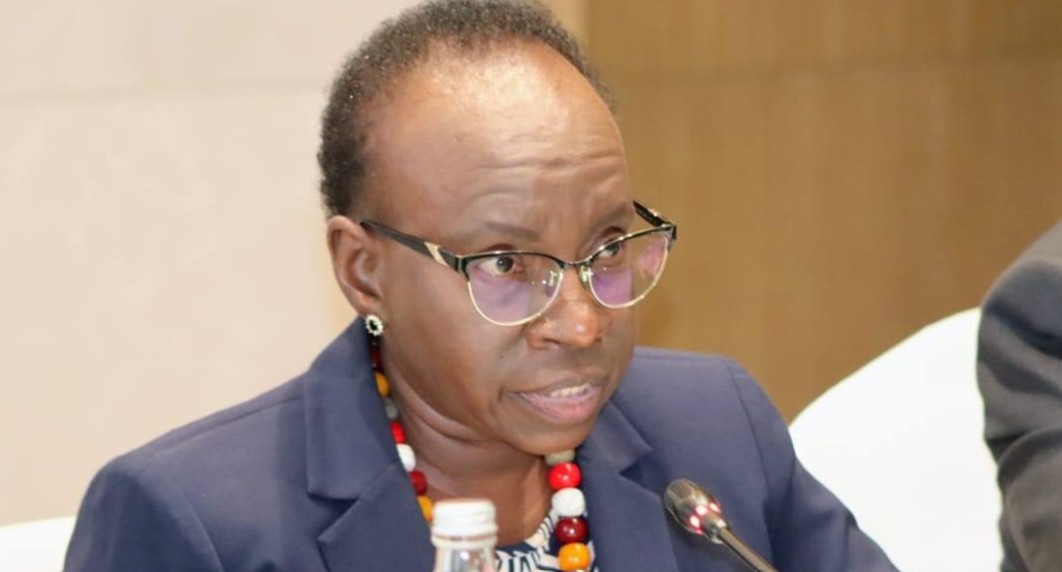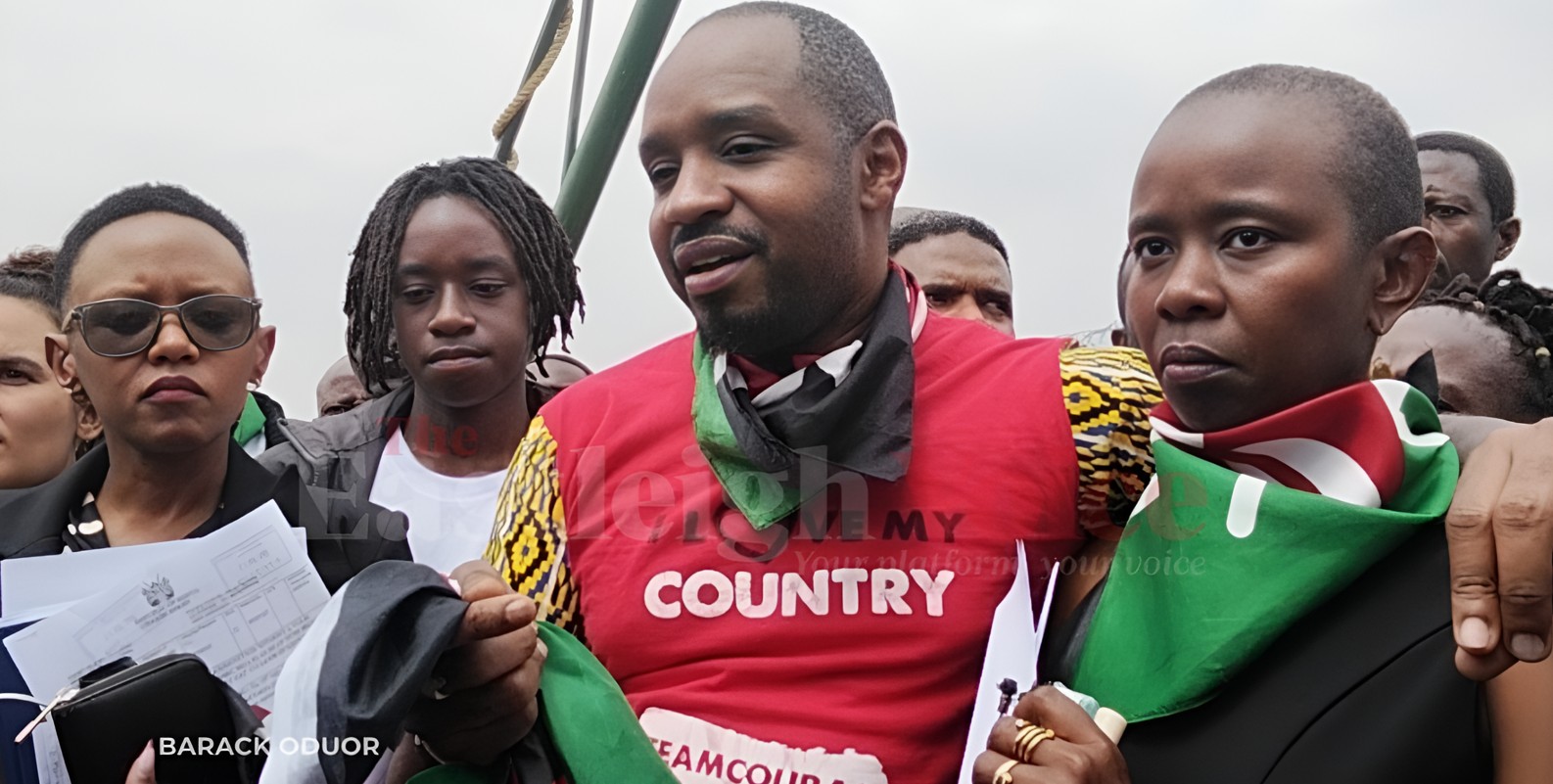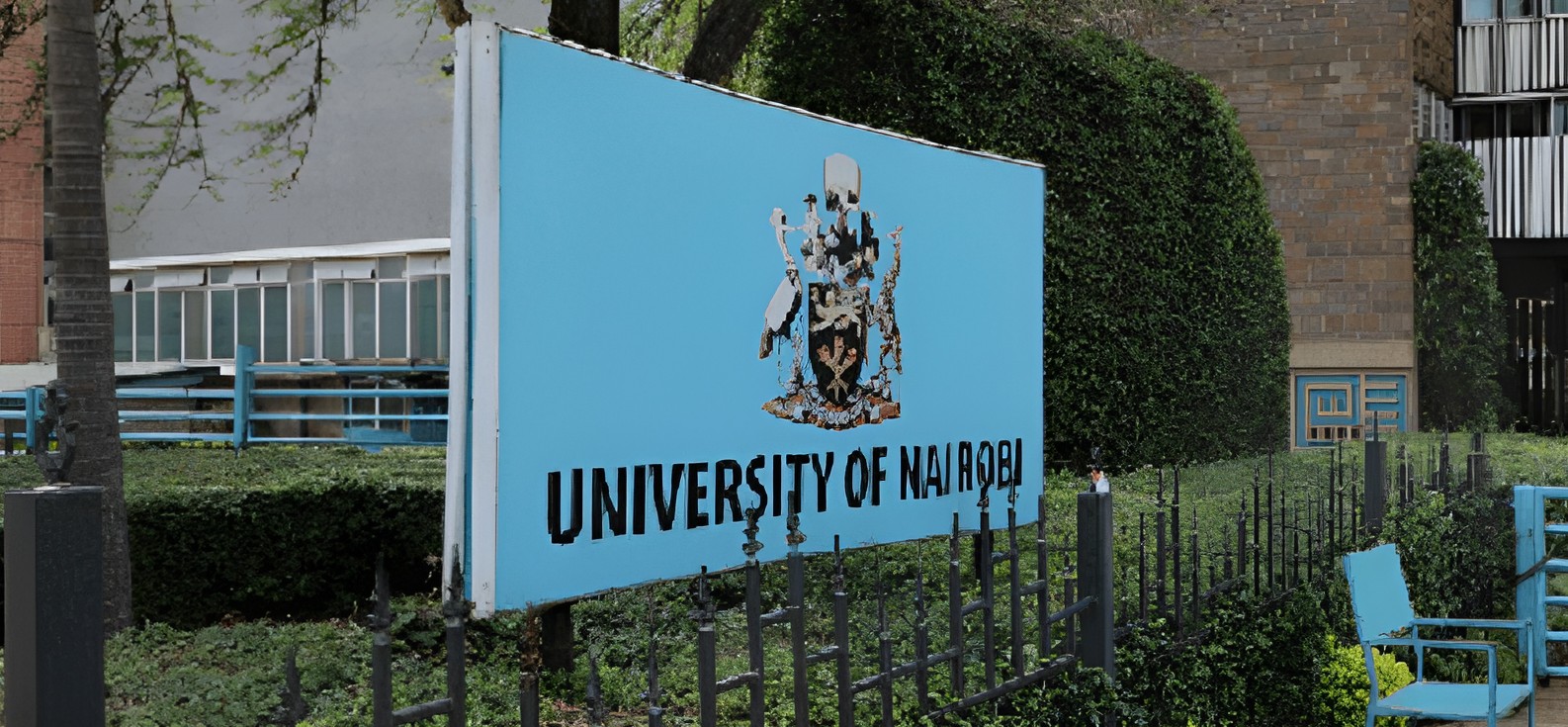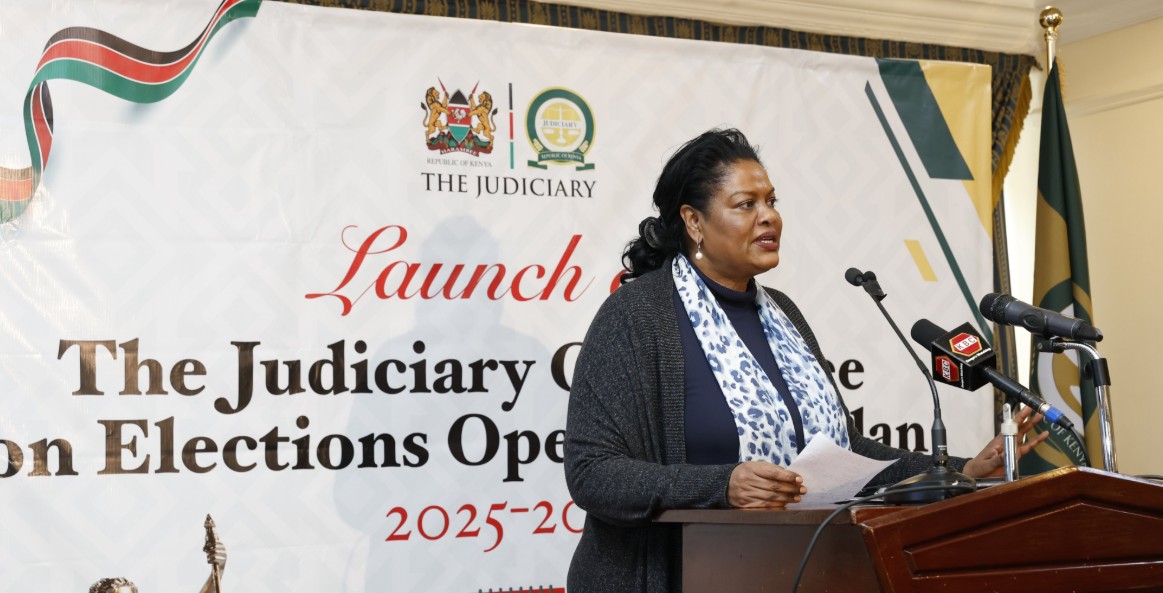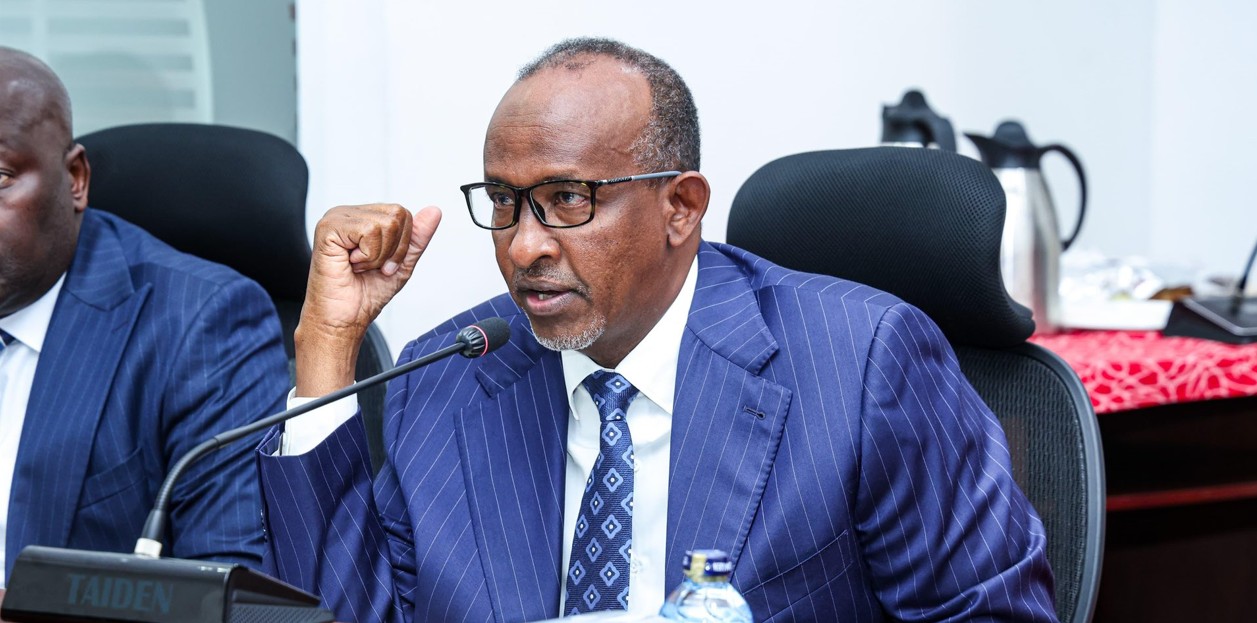Somalia’s intelligence agency warns businesses against funding Al-Shabaab
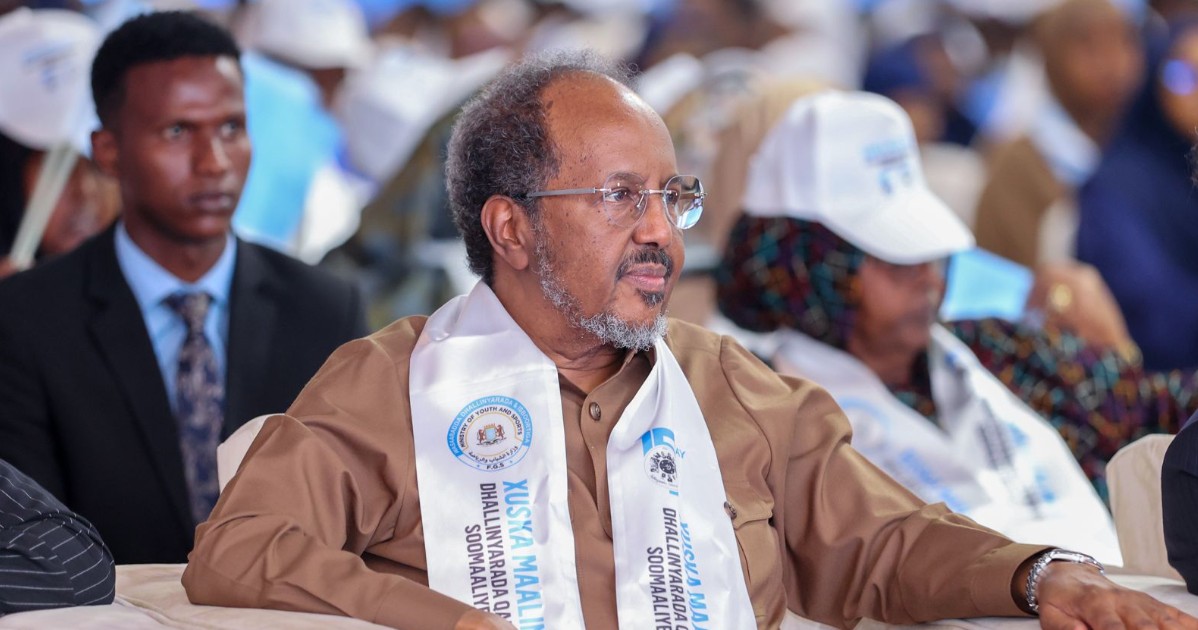
NISA said it is closely tracking the financial operations and assets of terrorist networks—particularly Al-Shabaab militants who impose illegal levies, commonly referred to as zakat, on local communities in what the agency described as systematic extortion.
Somalia’s National Intelligence and Security Agency (NISA) has issued a stern warning to businesses and individuals against engaging in any financial dealings with Al-Shabaab, as part of intensified efforts to cut off the group’s access to both regional and global financial systems.
NISA said it is closely tracking the financial operations and assets of terrorist networks—particularly Al-Shabaab militants who impose illegal levies, commonly referred to as zakat, on local communities in what the agency described as systematic extortion.
More To Read
- Three KDF soldiers killed, seven injured in Lamu IED blast
- New US tax on money transfers poised to hit Somalia hard
- Somalia issues nationwide alert as hepatitis cases surge
- Two dead in Garissa after IED blast along Ijara–Bodhai Road
- Somali, Egyptian leaders meet in Cairo amid tensions over Ethiopia’s dam
- Somalia at 65: What’s needed to address its dismal social development indicators
"Anyone who pays zakat is guilty of terrorist financing crimes as stipulated in the laws of the country, and international regulations concerning the prevention and combating of terrorist financing," NISA said in a statement released in Mogadishu, the Somali capital, Sunday evening.
It warned that offenders will face immediate legal action in accordance with national legislation and administrative decisions.
Serious criminal offence
"Businesspeople and citizens should know that providing funds to extremist groups is a serious criminal offence," NISA said. "Security agencies urge the public to report any information or pressure related to such collections to the appropriate authorities without delay."
Al-Shabab has long relied on forced taxation, extortion, and kidnappings to finance its terror operations.
In response, shortly after taking office in May 2022, Somali President Hassan Sheikh Mohamud launched an "all-out war" against the group—aimed not only at defeating it militarily but also dismantling its financial networks and weakening its influence across the country.
NISA’s latest warning followed a report from the National Committee for Combating Money Laundering and Countering the Financing of Terrorism, which announced significant progress in disrupting Al-Shabab’s funding streams.
According to the committee, authorities deactivated 575 mobile phone numbers used by the militants for threats and extortion, froze 21 bank accounts linked to terror financing, and shut down 88 merchant accounts used to collect or launder extorted funds—all within the first half of this year.
Top Stories Today


